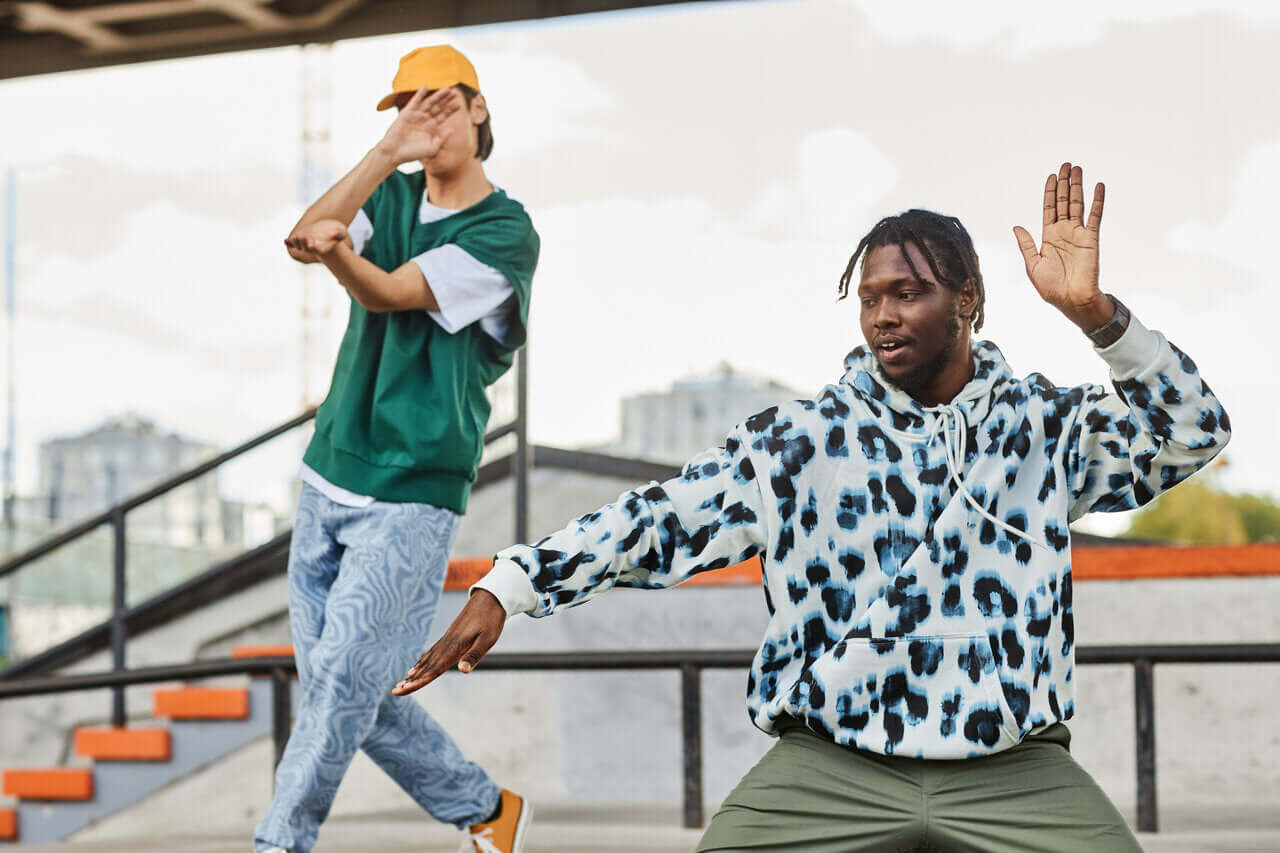11 Ways to Be a Better Ally to Indigenous People

Canada's Indigenous Peoples have a rich history and diverse culture but have long faced systemic discrimination, land dispossession, and various challenges. As we learn more about their struggles, it is vital to become better allies in advocating for Indigenous rights, empowering their communities, and celebrating their heritage.
One unexpected but powerful way to accomplish this is through supporting Indigenous streetwear brands like Red Rebel Armour, which intertwines Indigenous culture with activism and fashion.
In this article, we will explore 11 ways to become a more effective ally to Indigenous Peoples, encompassing elements such as support, education, and action. By incorporating these practices into our daily lives, we can assist in the ongoing fight for justice, equity, and the celebration of Indigenous cultures in Canada.
1. Learn About Indigenous History and Culture
One of the most critical steps in becoming a better ally is educating yourself about the diverse histories and cultures of Indigenous Peoples. Understand their unique traditions, contributions, and triumphs, but also acknowledge the historical injustices they have faced. Familiarize yourself with pivotal moments in Indigenous history, such as the residential school system and the ongoing path to reconciliation.
2. Acknowledge Indigenous Lands
Recognize that the land you live and work on is the traditional territory of Indigenous Peoples. Learn about the Indigenous nations whose land you inhabit, and incorporate land acknowledgements into gatherings and events. This practice fosters awareness and appreciation of Indigenous history and connections to the land. The Native Land Digital tool can help you locate which Indigenous territory you occupy.
3. Listen to Indigenous Voices
Prioritize listening to and amplifying the voices of Indigenous Peoples in conversations about Indigenous issues. Seek out Indigenous perspectives in the media, follow Indigenous activists and organizations on social media, and attend events where Indigenous speakers are featured. This practice ensures that decisions and discussions reflect the diverse experiences and needs of Indigenous communities.
4. Challenge Stereotypes and Beliefs
Stereotypes and misconceptions about Indigenous Peoples persist in mainstream culture. As an ally, articulate the importance of examining and challenging these stereotypes. Encourage those around you to expand their understanding of Indigenous Peoples and question assumptions. Dismantling harmful perceptions is integral to fostering a more inclusive and equitable society.
5. Support Indigenous Businesses and Artists
Supporting Indigenous businesses, artists, and creators is an excellent way to promote economic growth within Indigenous communities while celebrating their unique contributions. For example, brands like Red Rebel Armour blend Indigenous culture with activism and fashion, creating modern Indigenous streetwear. Supporting these businesses not only fuels economic independence but also allows for better representation of Indigenous culture in the public sphere.
6. Advocate for Indigenous Rights and Interests
On personal, local, and national levels, advocate for Indigenous rights and interests. Engage in dialogue with elected officials, attend protests and rallies, and sign petitions supporting Indigenous rights. Engage in community events that foster understanding and open conversations about Indigenous issues. Use your voice to raise awareness and promote change in your social circle, workplace, and community.
7. Encourage Cultural Competency
Promote cultural competency training and resources in your workplace, school, and community organizations to help create an inclusive and respectful environment for all. Being aware of the values, beliefs, and practices of Indigenous Peoples allows us to engage with them mindfully and avoid reinforcing stereotypes or stigmas. The Cultural Safety Toolkit developed by the First Nations Health Authority can provide guidance on this topic.
8. Understand the Concept of Allyship
Recognize that being an ally means acknowledging your privilege, actively listening to and uplifting Indigenous voices, and taking action and responsibility for promoting equity. Embrace continuous learning and understand that mistakes will happen; it is essential to remain open to improvement and growth in your journey as a better ally.
9. Collaborate and Cooperate with Indigenous Communities
Establish partnerships and collaborations with Indigenous communities and organizations, respecting their autonomy and expertise. Engage in relationships built on trust, mutual respect, and open communication. Support Indigenous-led projects and initiatives, recognizing that they are best positioned to address the needs and aspirations of their communities.
10. Preserve Indigenous Languages
Indigenous languages are an invaluable aspect of Indigenous Peoples' history and culture, yet many of these languages are being lost due to historical oppression and assimilation policies. Support efforts by Indigenous communities to revitalize and preserve their languages for future generations. Advocate for resources and funding for Indigenous language programs and initiatives, recognizing the importance of linguistic diversity in Canada's cultural fabric.
11. Practice Self-Reflection and Accountability
Regularly reflect on your actions and how your privilege may impact your interactions with Indigenous Peoples. Adopt a humble and open stance when engaging with Indigenous communities. Be prepared to step back when necessary and give space for Indigenous voices to speak for themselves. Demonstrate accountability for your actions and accept criticism as an opportunity for growth and learning.
By actively engaging with these 11 practices, you will take significant steps towards becoming a better ally to Indigenous Peoples in Canada. The collective efforts of individuals can contribute to fostering understanding, promoting equity, and championing the rights and aspirations of Indigenous communities.
Embracing Allyship Through Action and Support
Becoming a better ally to Indigenous Peoples requires continuous learning, active listening, and genuine support. By engaging in the 11 practices outlined above, you make a difference in championing Indigenous rights and contributing to positive change. One such way of support is by advocating for Indigenous businesses, such as Red Rebel Armour, which embraces Indigenous culture, activism, and fashion through their unique streetwear designs.
Join the movement towards a more inclusive and equitable society by incorporating Indigenous clothing into your wardrobe from brands like Red Rebel Armour. Explore their collection today and take your allyship one step further, by supporting economic growth within Indigenous communities and elevating their voices. Let's celebrate Indigenous creativity and contribute to a broader message of unity and empowerment. Shop now and make a difference with every purchase.







